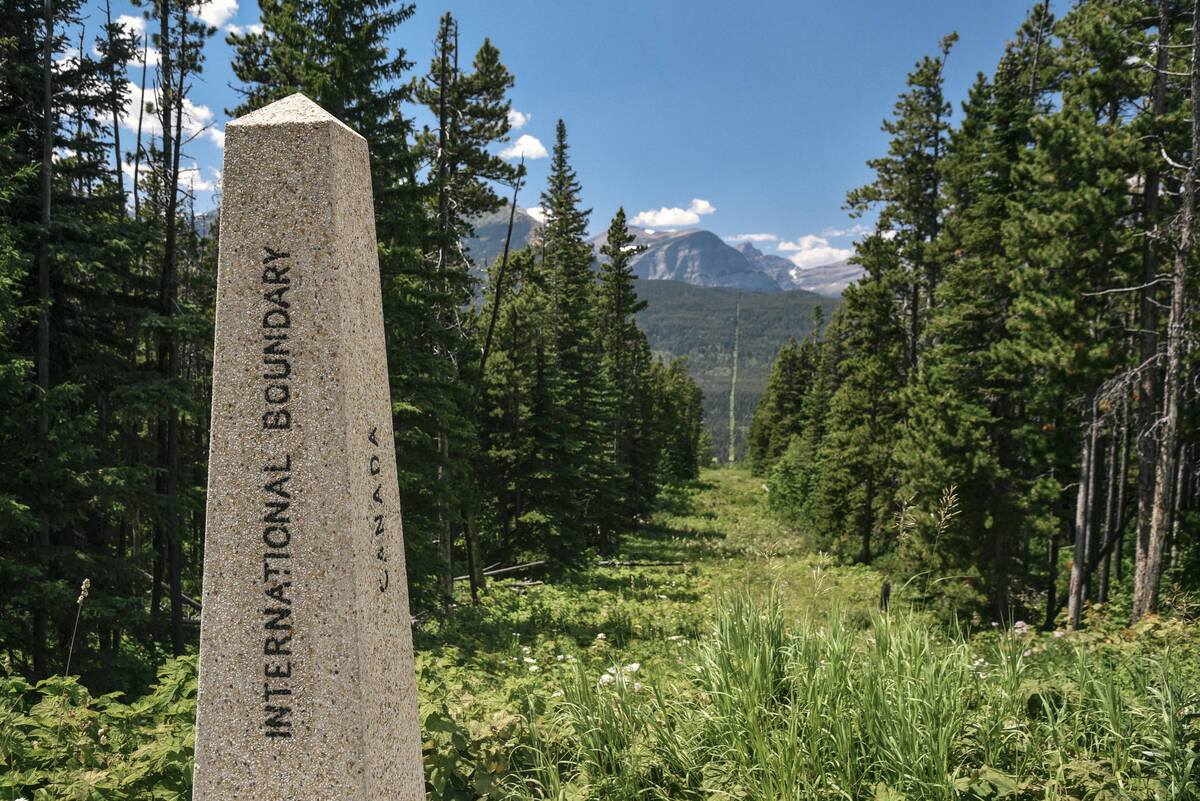In response to the May 26 Co-operator article “Meat industry hits hard times”.
Without the benefit of taxpayers’ dollars (read: government support), the Manitoba hog industry (not farming) would have collapsed many years ago.
Born and raised on a farm, I appreciate the proper raising and care of swine. Pigs produced in a factory-type situation however, live in conditions that are far removed from achieving humane animal stewardship status.
Read Also

Trade uncertainty is back on the Canadian national menu
Even if CUSMA-compliant goods remain exempt from Trump’s new tariffs for now, trade risk for farmers has not disappeared, Sylvain Charlebois warns.
Bad ideas and poor operating principles are very costly for the animals, our environment and society.
It was some 24 years ago that the Filmon Progressive Conservative government unfurled the red carpet and opened Pandora’s box for the hog Industry to come into Manitoba. Now, since being elected in 2016, the Pallister and Stefanson regimes—through their Red Tape Reduction Act—have taken the cue to further expand the industry by discarding much of the legislation that had been put in place to protect our environment, Lake Winnipeg and Manitoba water sources.
Yes, it is very clear that Mr. Pallister and Premier Stefanson’s ministers have been busy reading the Filmon manual on how to manage the Manitoba government on the value-added concept of economics regarding the hog Industry.
I often think there are those who won’t be pleased with anything short of a regulatory footprint so light it allows hog barns to be built on floating platforms in the middle of Lake Winnipeg.
This hog industry of Maple Leaf Foods and foreign-owned Hylife Foods is a meat exporting business. Manitobans consume about six per cent of their production. The rest is shipped away, leaving Manitobans to deal with all the waste and pollution that is left behind.
Unfortunately, water, polluted toxic air, health concerns and the plight of rural residents is not a consideration to Manitoba’s government.
This political transgression of ruination is upon us, affecting the future of our children and generations that follow.
John Fefchak, Virden














